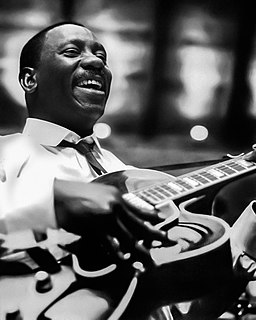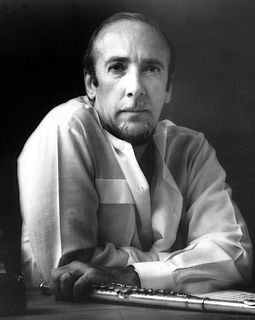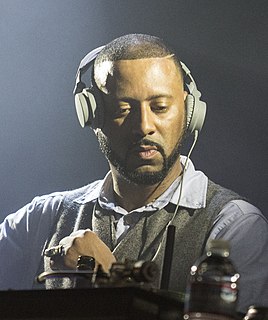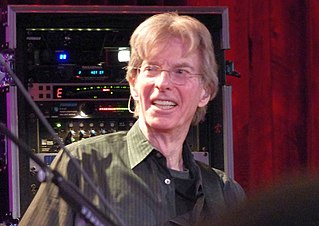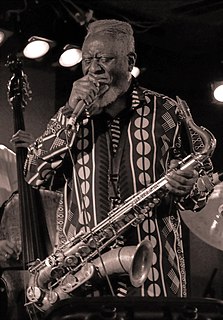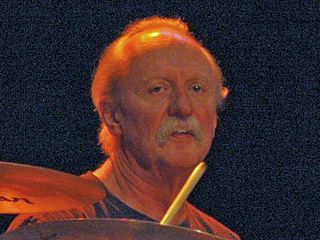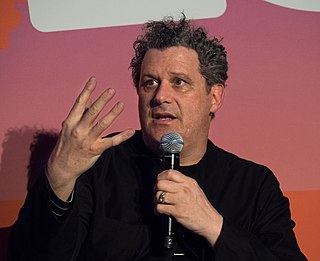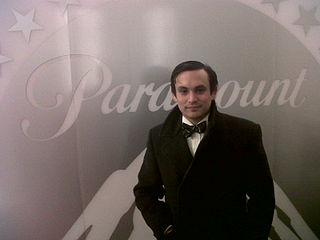A Quote by Kamasi Washington
The fact of the matter is that nobody understands what John Coltrane is doing except John Coltrane. And maybe not even him. So we're all experiencing it on this subconscious level.
Quote Topics
Related Quotes
You know, John Coltrane has been sort of a god to me. Seems like, in a way, he didn't get the inspiration out of other musicians. He had it. When you hear a cat do a thing like that, you got to go along with him. I think I heard Coltrane before I really got close to Miles [Davis]. Miles had a tricky way of playing his horn that I didn't understand as much as I did Coltrane. I really didn't understand what Coltrane was doing, but it was so exciting the thing that he was doing.
... We borrowed it all from Coltrane. I started encouraging everybody in the band to listen to John Coltrane - 'Check it out, see what these guys do.' They take one chord, the tonic chord, and just play all over it. 'We can do that too!' I wanted to make our music something really amazing - I wanted it to be jaw-dropping and turn on a dime and do all of those things that I knew music could do, and nobody told us we couldn't do it. I shouldn't say 'I,' though - Jerry Garcia was behind it the whole way.
I'm aware of Yusef Lateef and Sun Ra and John Coltrane. My music cup runneth over. I try to encourage people: don't cut anything off, don't limit yourself. Give it a good listen: you might find something in that goofy Sun Ra noise, that dissonance. Before I learned 'official musicality' - which you should avoid at all costs - I listened to some Sun Ra and Yusef Lateef and John Coltrane and that's where 'Journey to the Center of the Mind' came from. When you intentionally and aggressively pursue musical communication with those powerfully impactful musical geniuses, you will pick up something.

